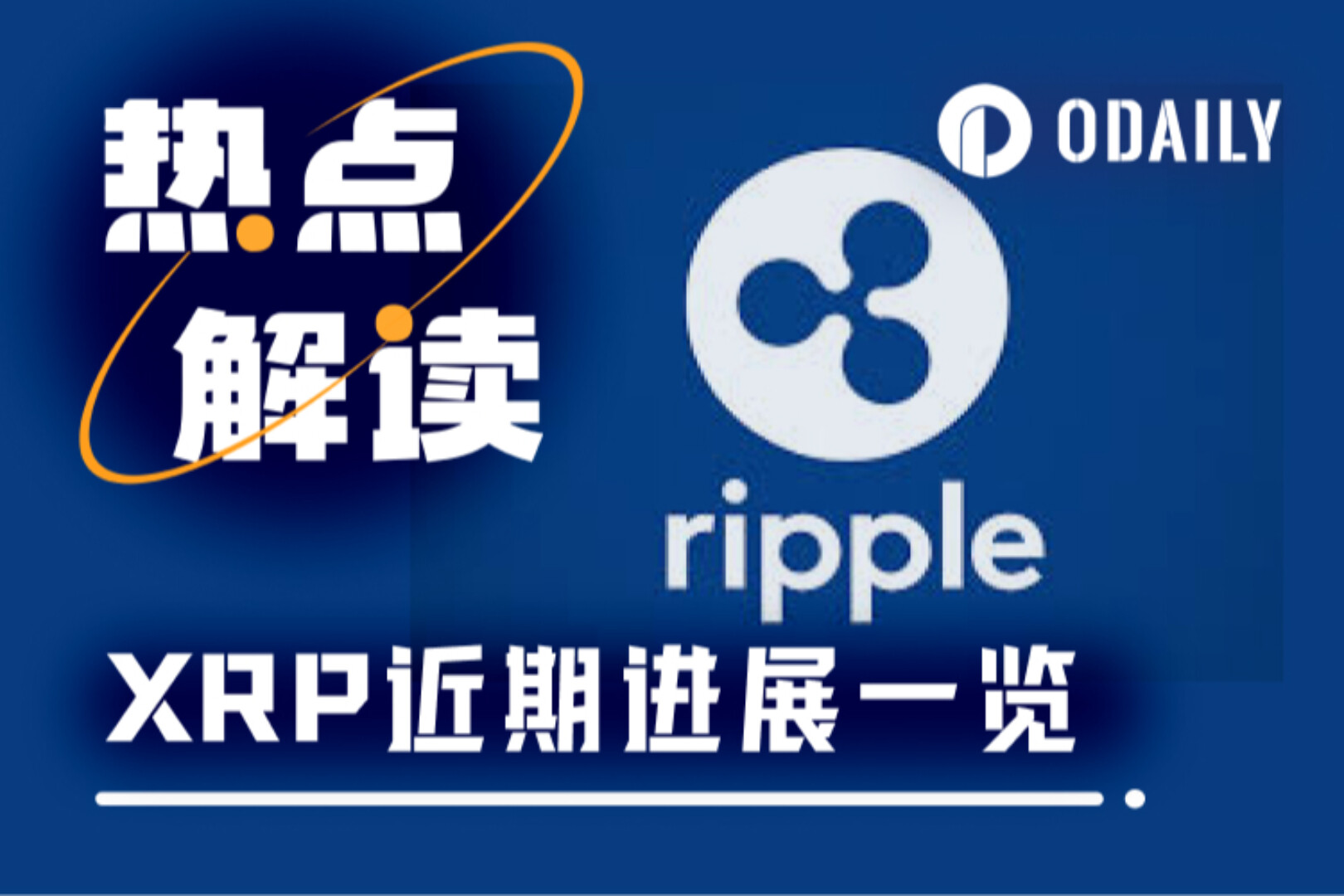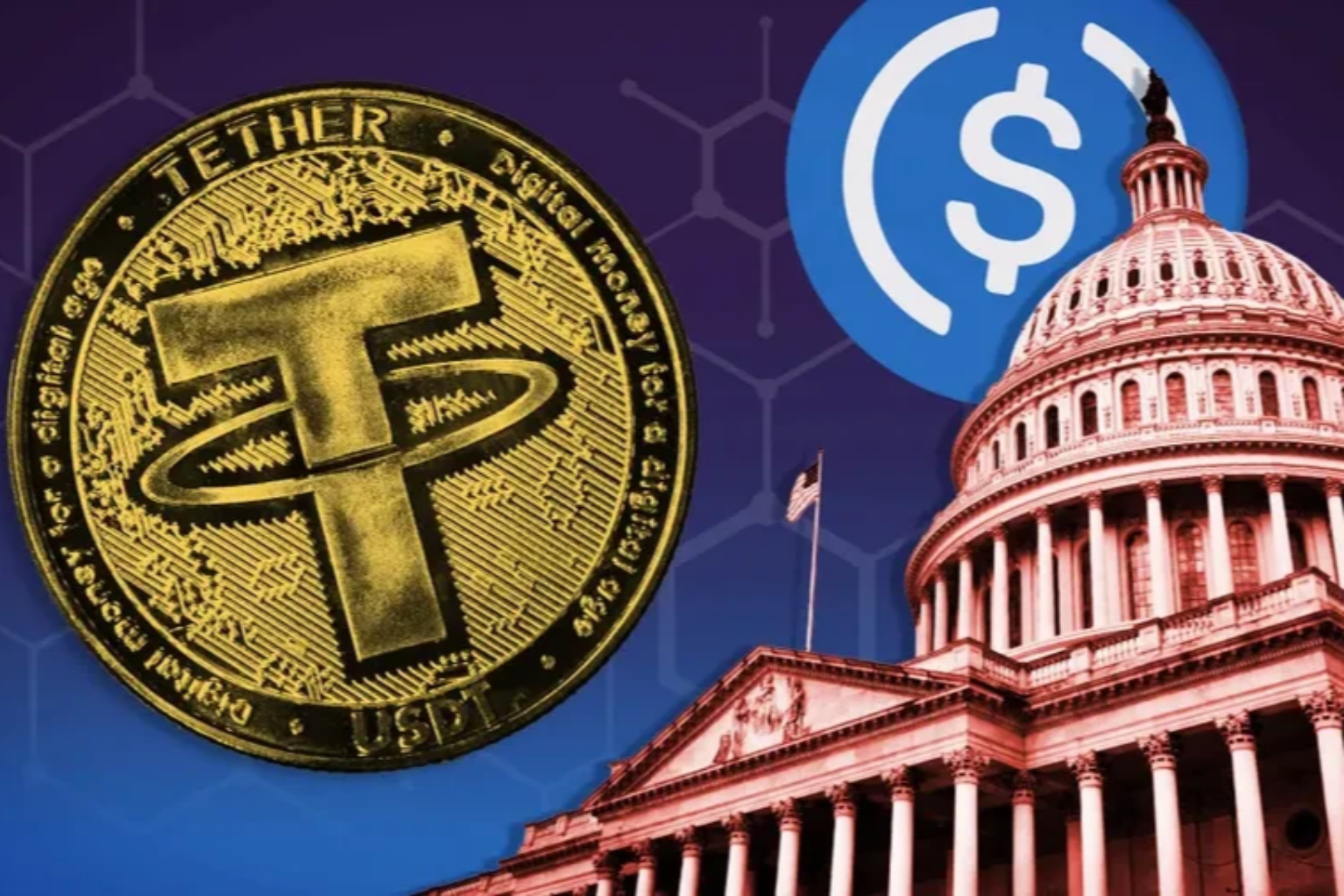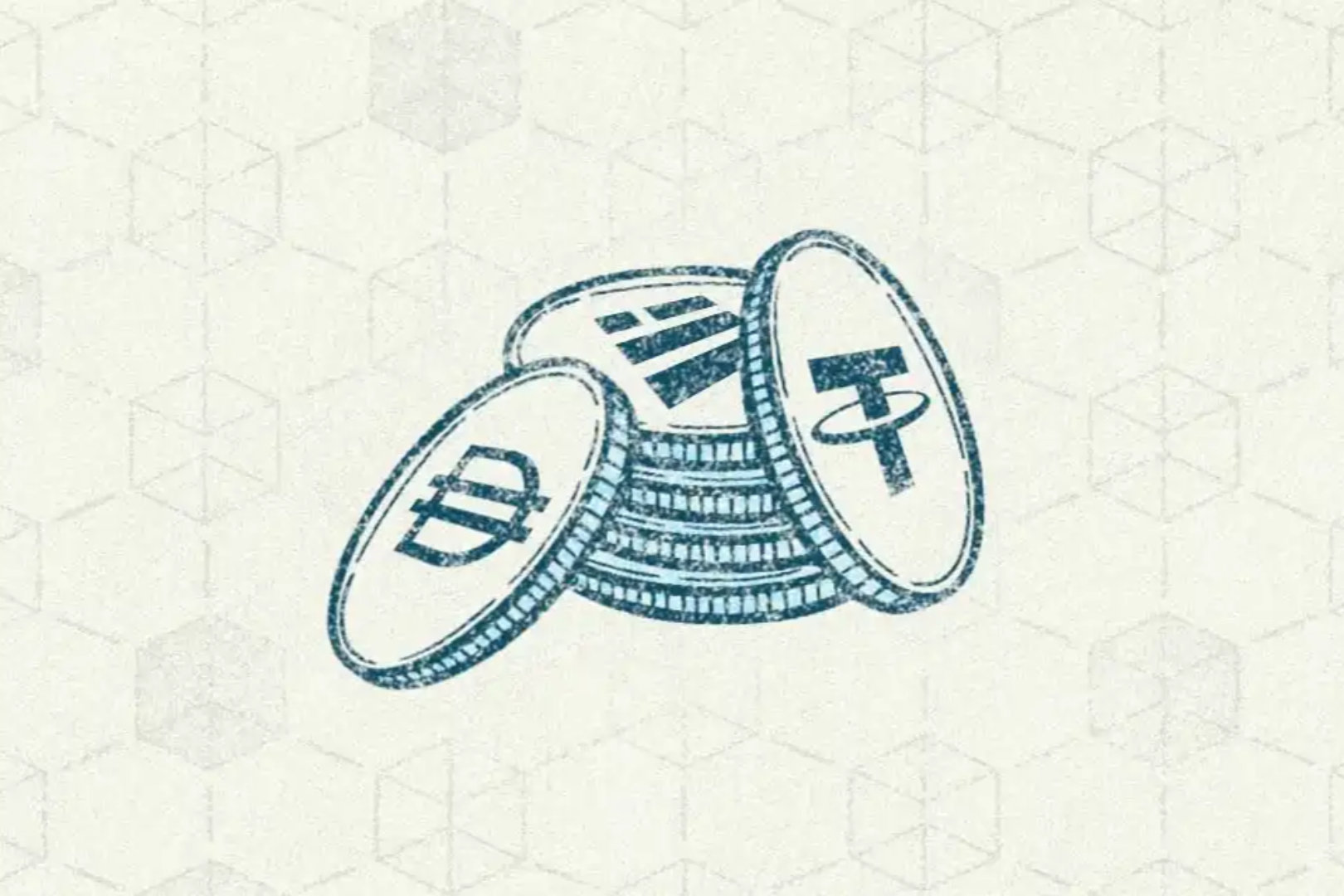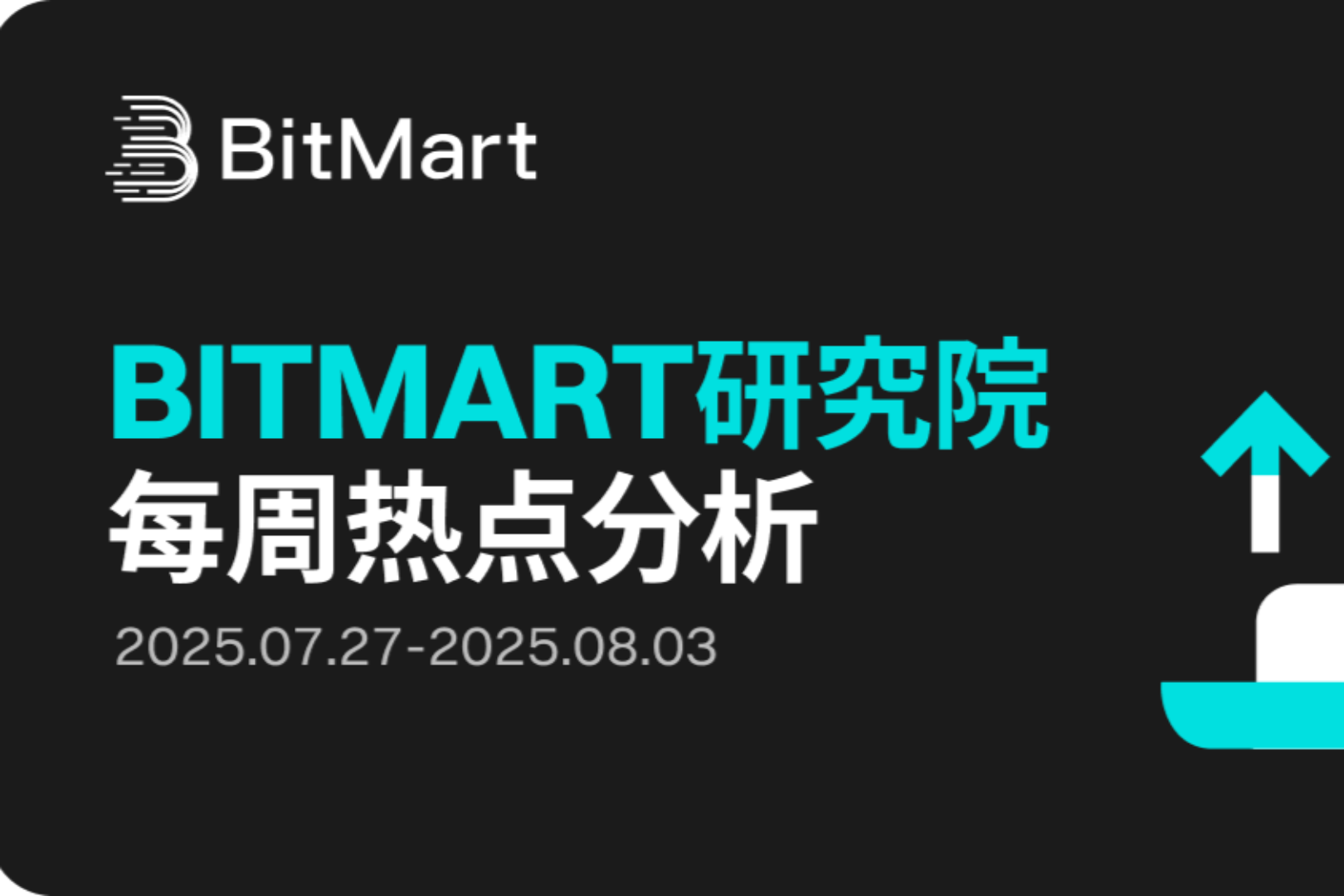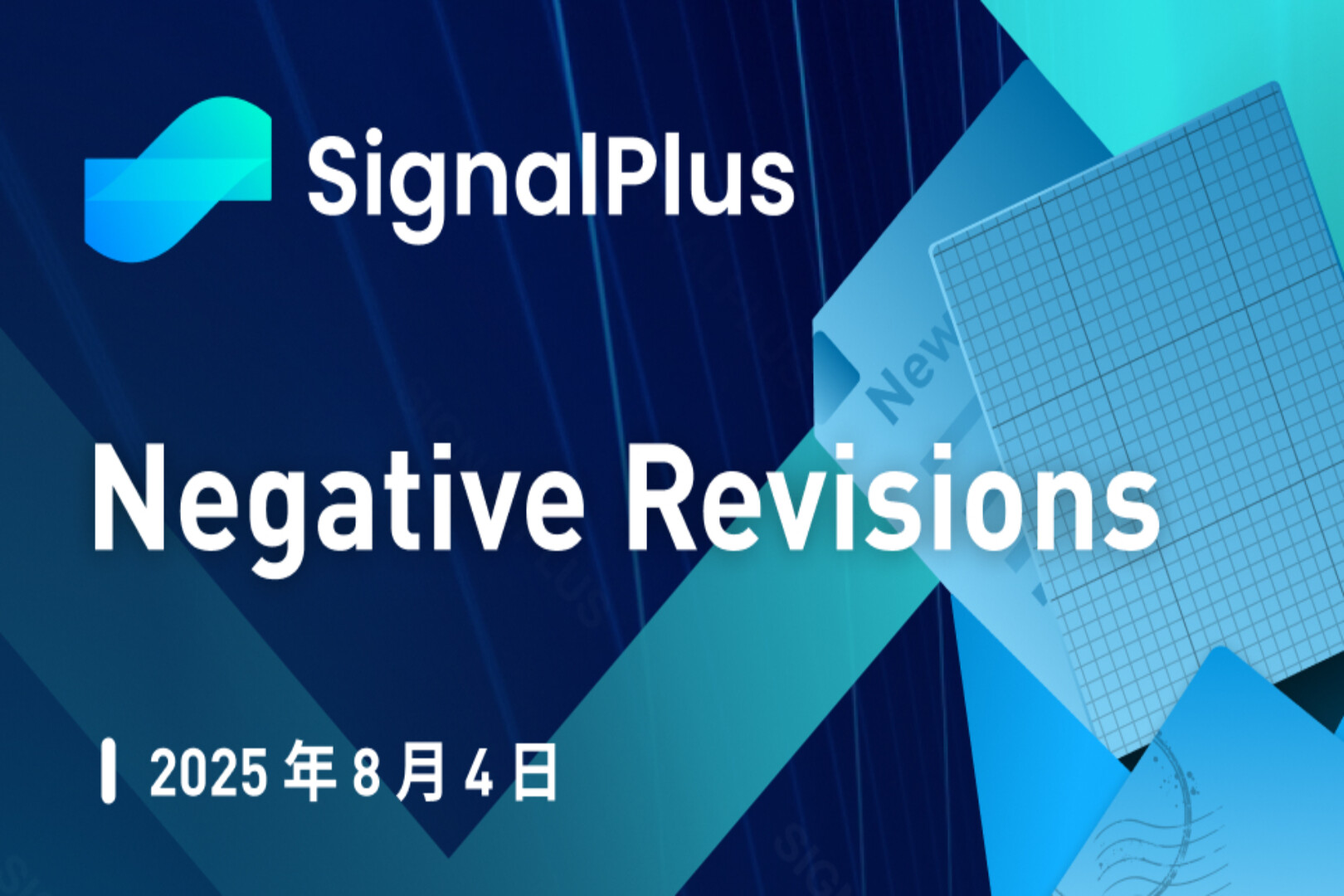
Federal lawmakers have brushed aside their 2019 concerns about Facebook's stablecoin project Diem, 36 hours after the first bitcoin futures exchange-traded fund (ETF) began trading, with the underlying cryptocurrency hitting a record high.
I spent most of Washington Fintech Week in the nation's capital, reconnecting with people I haven't seen in two years and connecting with people I've emailed but never actually met during the coronavirus pandemic stand up. During these conversations, I found that the policy/legislative situation surrounding cryptocurrencies has matured considerably since my last visit. Federal lawmakers can't help but care about the issue in 2019, and are planning to introduce legislation in the coming months to regulate different aspects of the industry.
A feature of CoinDesk's "Policy Week" is a discussion of how regulators are responding to cryptocurrencies, and how the industry is responding to regulation (i.e., how the two affect each other).
Much of the regulatory reaction in late 2019 focused on what was then the Libra project, announced that summer by social media giant Facebook. At the time, Libra was quite a visionary project, but policymakers believed it had the potential to destabilize the financial system. This project is now named"Diem"(Tianzi Zodiac), in the past period of time has been quite quiet, there is not much news. More precisely, what we're seeing is that lawmakers are focusing on broader areas of the industry.
secondary title
premature
You can understand that the entire Washington, D.C. area is now focused on cryptocurrency issues. Regulators and policymakers have no shortage of new work around cryptocurrencies, whether it's the President's Financial Markets Task Force's pending report on stablecoins, the Federal Reserve's pending report on central bank digital currencies, or Securities and Exchange Commission (SEC) Chairman Gary Gensler's comments on cryptocurrencies. New commentary on increased registration and regulation of cryptocurrency exchanges, as well as a series of recent enforcement actions by the Commodity Futures Trading Commission (CFTC) against industry players.
All this still amounts to early action for the industry. Many lawmakers have heard of cryptocurrencies, but for them, it's not a pressing issue. And a provision in the industry even swayed the passage of that massive bipartisan infrastructure bill.
The cryptocurrency industry is stepping up engagement with Washington. In CoinDesk's Crypto Policy Week 2022 feature, Rob Garver writes that companies and trade groups are increasing the number of lobbyists tasked with pushing regulations that favor cryptocurrencies.
However, the effect of this participation is not great. At least one congressional staffer said dealing with new lobbyists was "painful," and I've heard the same sentiment from other industry players.
secondary title
Cryptocurrencies have arrived
Even if it's not a top priority, lawmakers and regulators are thinking about cryptocurrencies more than they have in years past. We see that aspiring ETF issuers are gaining regulatory approval to list tradable products available for retail, and we are awaiting no fewer than three different government reports that will influence regulatory policy.
One of the biggest problems may simply be that different regulators or lawmakers have different views on cryptocurrencies. Someone who is focused on consumer protection might worry about an exchange going down every time the cryptocurrency market fluctuates. Regulators focused on securities/commodities, on the other hand, may be more concerned about the quietly growing enclosure wars between different agencies over who can regulate what.
secondary title
Concerns About Stablecoins Are Real
Concerns surrounding Libra have morphed into concerns about stablecoins as a whole. The market was not helped by the disclosure that neither Tether (USDT), the largest stablecoin by market capitalization, nor USDC, the second-largest USD-backed stablecoin by circulation, were fully backed by USD held in regulated bank accounts .
But while regulators seem to agree that something should be done to rein in stablecoin issuers, we don’t yet have a clear picture of how this will be done. The president’s task force is due to publish a report that may recommend the creation of a bank-like special purpose charter to oversee issuers of stablecoins.
The charter could benefit issuers of dollar-pegged stablecoins, as well as exchanges listing dollar-pegged tokens, as the charter grants a level of legitimacy to these projects. However, the task force will ask Congress to enact a law creating this charter, which I'm told is unlikely to happen.
Another option would be to ask the Financial Stability Oversight Board to create a rule around the issue, but lawmakers and industry players have opposed that.
Another way of thinking is to think of stablecoins backed by commercial paper and short-term securities as money market funds, something regulated by the SEC. This may not be good news for cryptocurrency exchanges such as Coinbase that list stablecoins such as USDT and USDC, because these companies must apply to the SEC to register as a securities trading platform, while complying with a specific set of rules.
This also seems to be an issue for the industry, but there are too many changes to see how these regulations will actually evolve.
zCloak Network is a private computing service platform based on the Polkadot ecosystem, which uses the zk-STARK virtual machine to generate and verify zero-knowledge proofs for general computing. Based on the original autonomous data and self-certifying computing technology, users can analyze and calculate data without sending data externally. Through the Polkadot cross-chain messaging mechanism, data privacy protection support can be provided for other parallel chains and other public chains in the Polkadot ecosystem. The project will adopt the "zero-knowledge proof-as-a-service" business model to create a one-stop multi-chain privacy computing infrastructure.
About zCloak Network
zCloak Network is a private computing service platform based on the Polkadot ecosystem, which uses the zk-STARK virtual machine to generate and verify zero-knowledge proofs for general computing. Based on the original autonomous data and self-certifying computing technology, users can analyze and calculate data without sending data externally. Through the Polkadot cross-chain messaging mechanism, data privacy protection support can be provided for other parallel chains and other public chains in the Polkadot ecosystem. The project will adopt the "zero-knowledge proof-as-a-service" business model to create a one-stop multi-chain privacy computing infrastructure.

